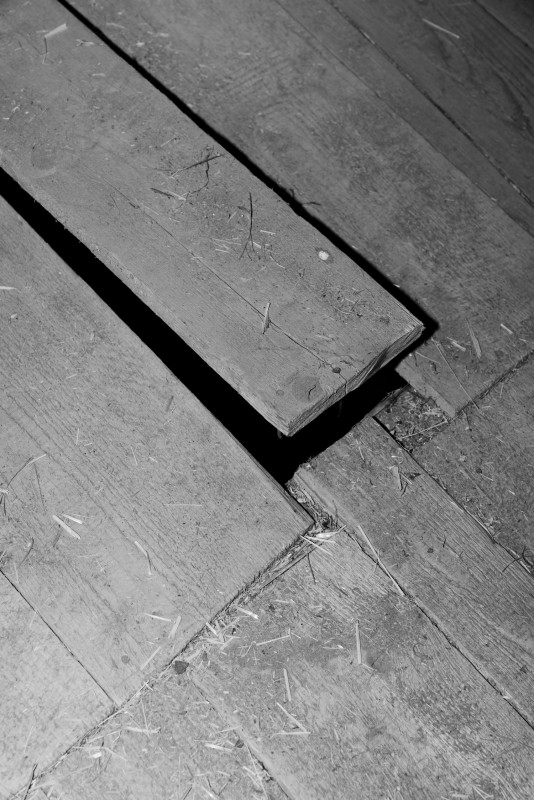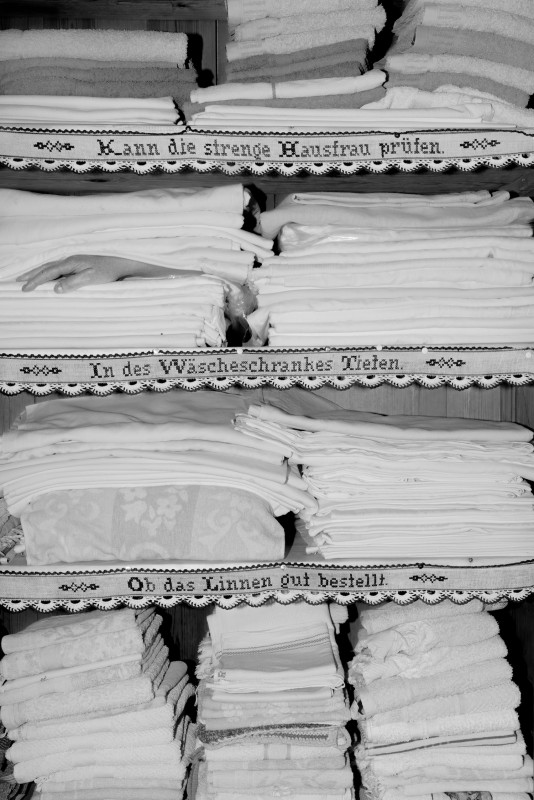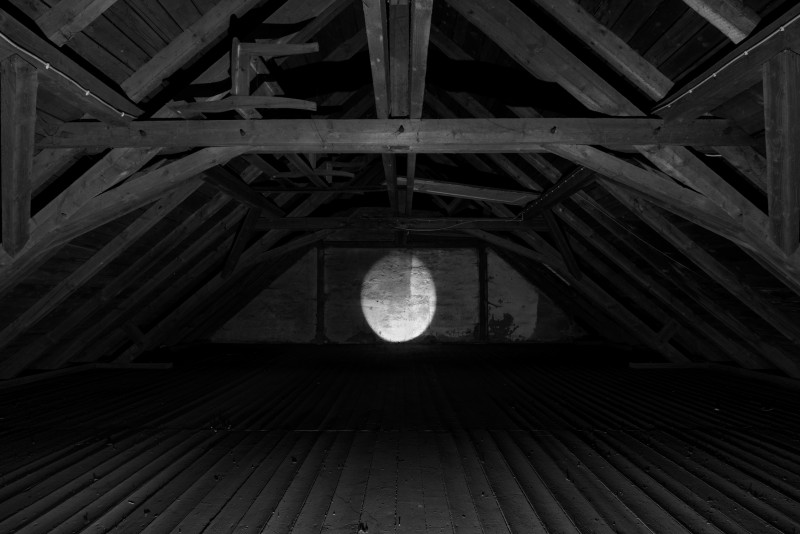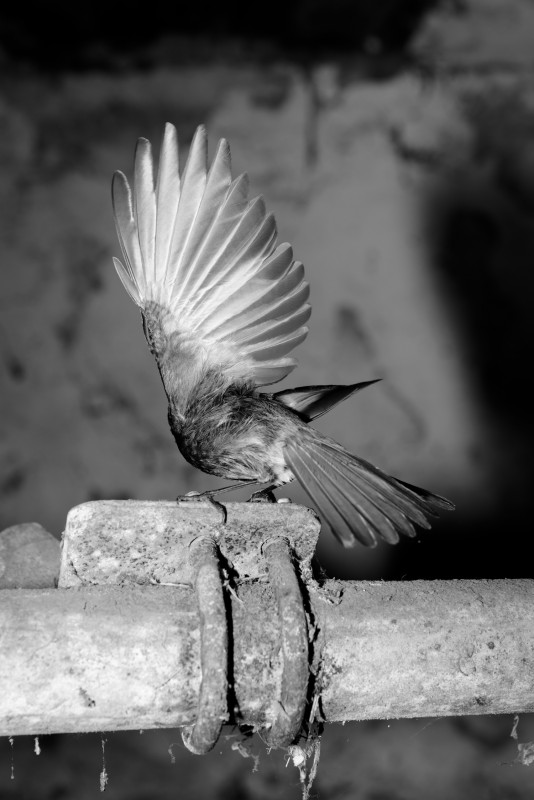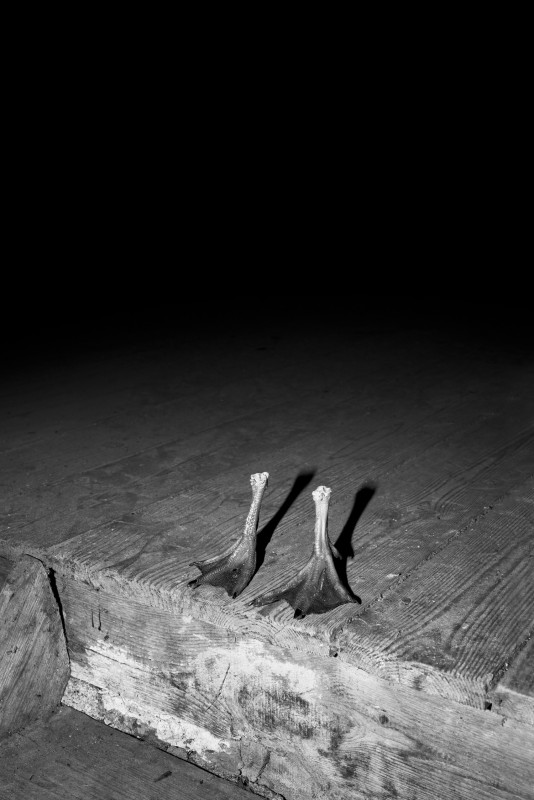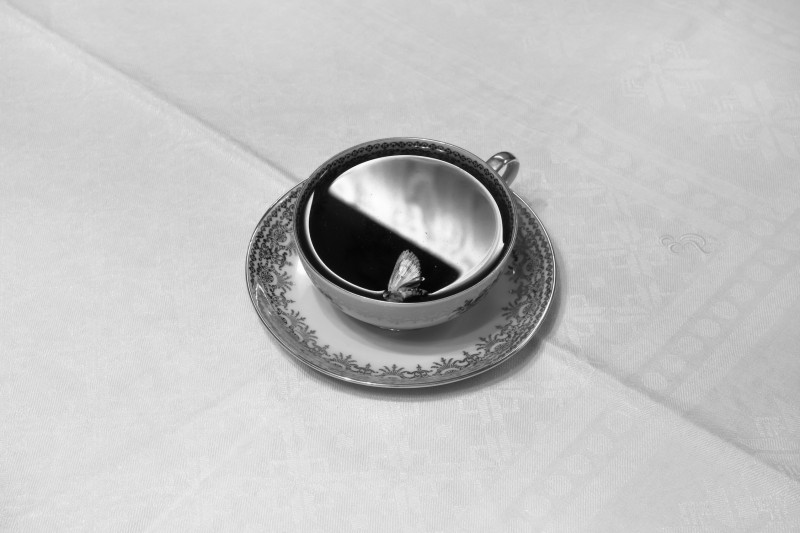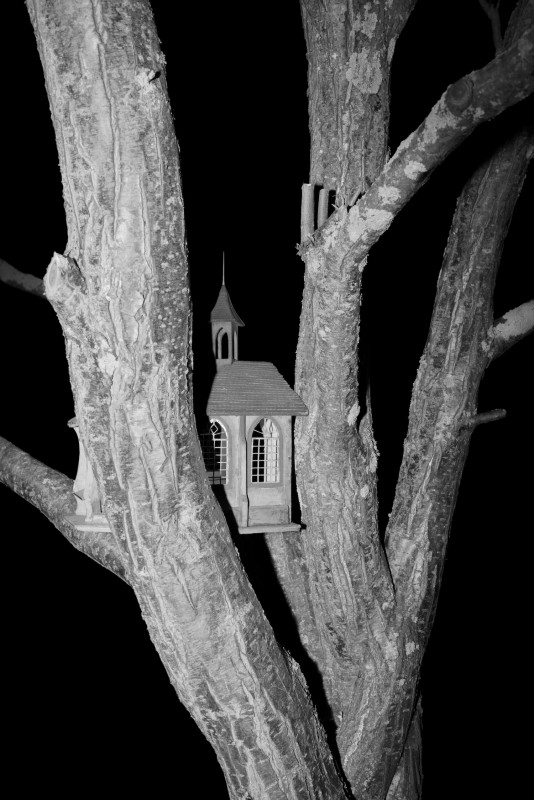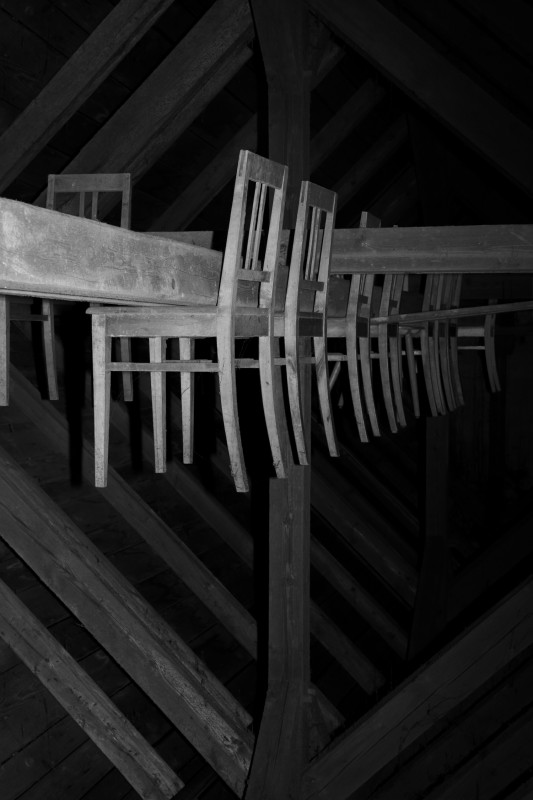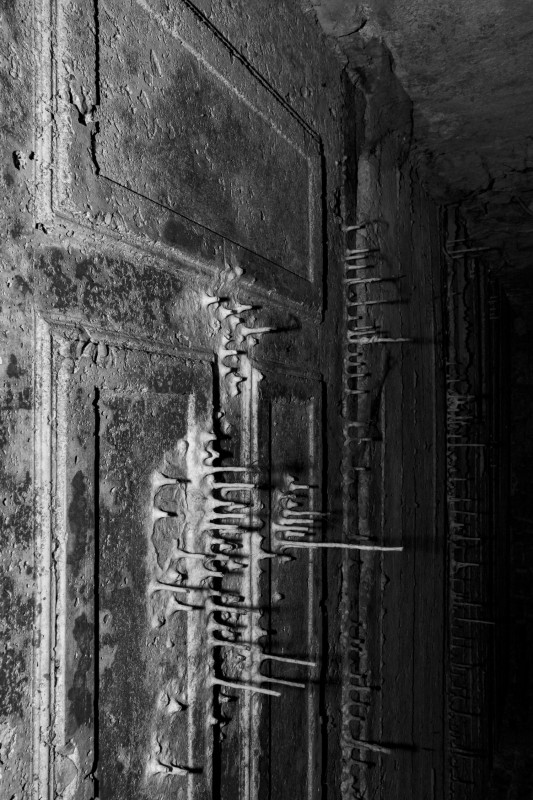Book tip: Plexus
Book tip: Plexus
January 30, 2024
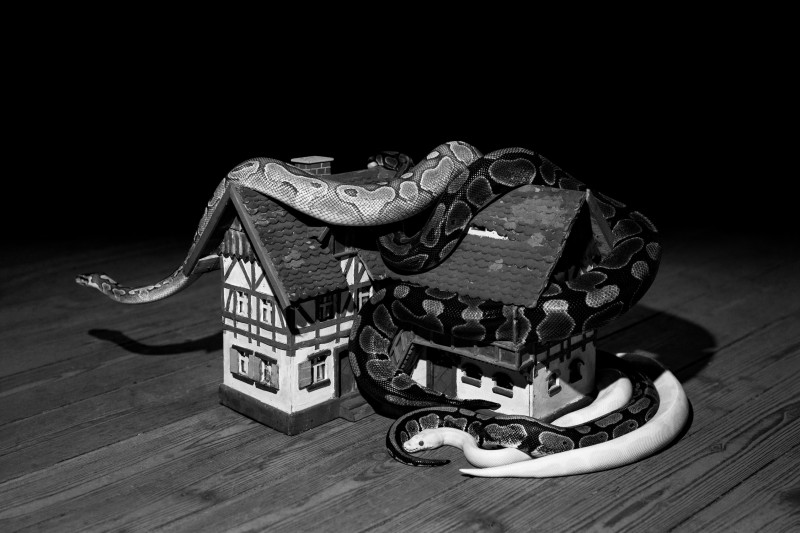
What took place in this house? What traumatic memories are reflected in the furnishings and memorabilia? The series, produced in 2018, remains associative. “The images permeate a figurative search for apparent repetitions in the story, and reflect the way I repeat my mother’s and grandmother's behaviours,” the photographer explains on her homepage: “By confronting a past that stretches over four generations, a renewed sense of identity provides the grounds for a detailed examination of postmemory, mental health, war and history.” With sensitivity and spontaneity, the photographer dedicates herself to the magic of the property. In her series the architecture becomes the stage, while the items found there become the central figures. The author sees them as a “fictitious family constellation, a theatre piece”. It also gradually becomes clear why the book has a leporello binding: you have to decide whether to leave the book untouched, or whether to sever the double pages so as to be able to see the pictures inside. It is a symbolic act, because it is only by injuring the book pages that understanding can grow. It is also necessary to sever certain pages to be able to read the accompanying short story, The House Surgeon, by British novelist Camilla Grudova. The text does not deliver any explanation, but rather offers a literary take on the theme of inherited trauma.
Altogether, an exciting photo book! The precisely-designed publication format transforms the whole award-winning series into an even more fascinating "cinema for the mind".
Elena Helfrecht: Plexus+-
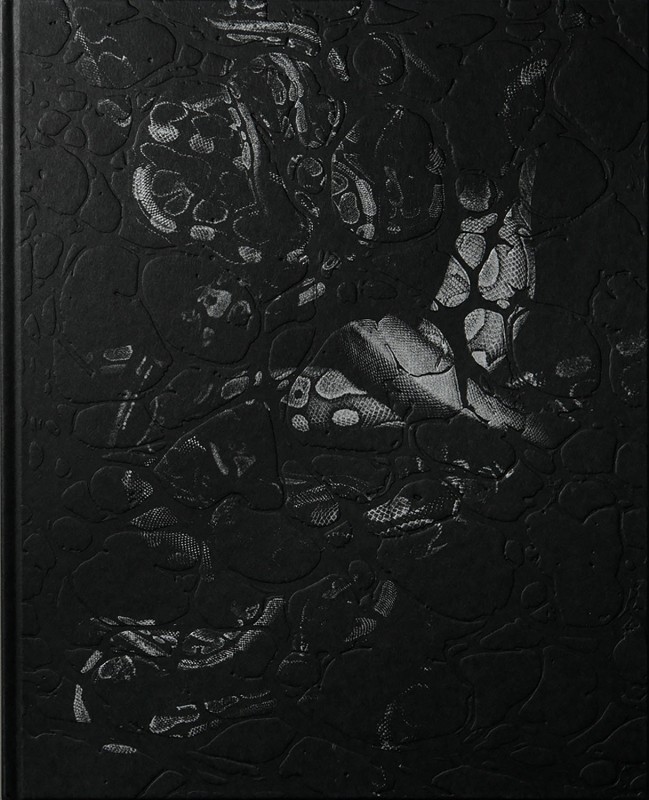
With a text by Camilla Grudova
104 pages, numerous black and white images
24 × 30 cm, English
Published via VOID
Website Elena Helfrecht
Instagram Elena Helfrecht

